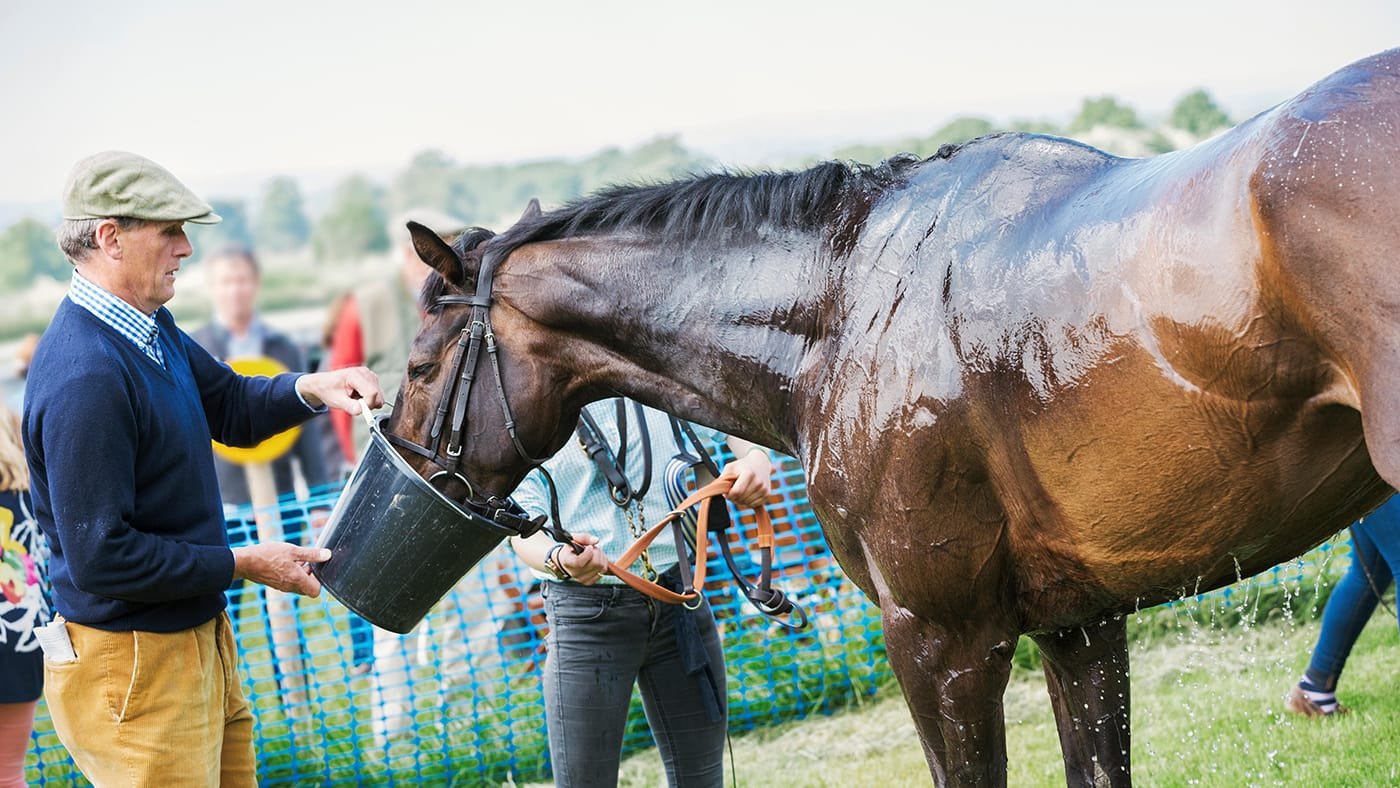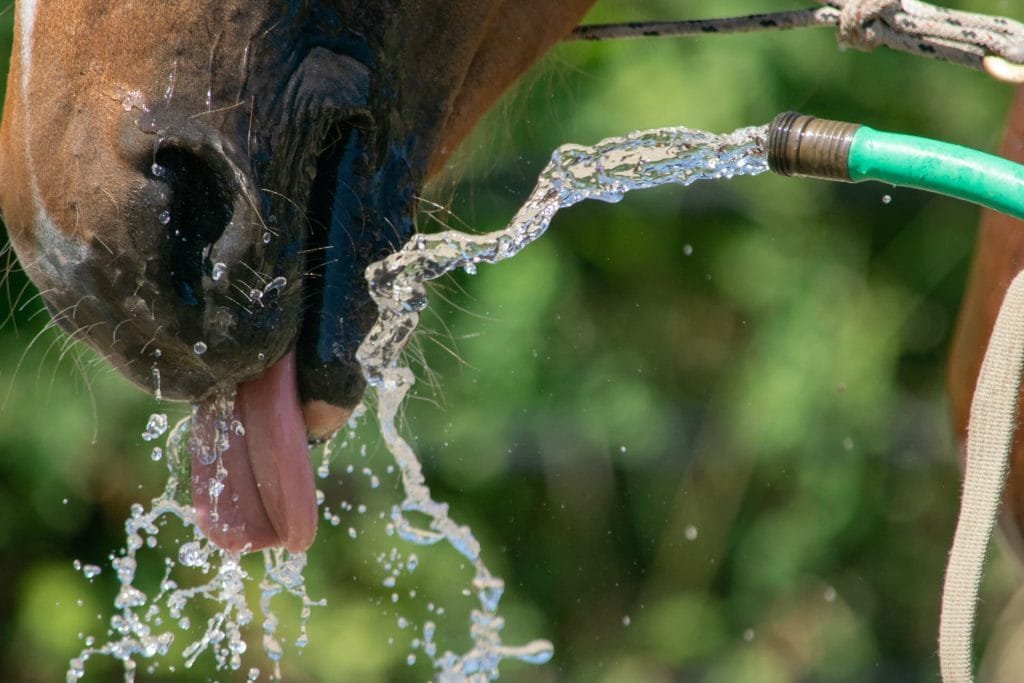Horse Hydration and Electrolyte Balance
Whether your horse is a competitive athlete or a cherished companion, understanding their hydration needs can make a significant difference in their overall well-being.
Importance of Hydration
Horses are large animals, and they need a substantial amount of water daily. On average, a horse requires about 5 to 10 gallons of water per day, but this amount can vary based on factors like activity level, weather, and diet. During hot weather or strenuous exercise, a horse may need even more water to stay hydrated.
Dehydration can lead to serious health issues, including decreased performance, colic, and even kidney problems. Signs of dehydration include a dry mouth, sunken eyes, and a decrease in skin elasticity. To check skin elasticity, gently pinch the skin on the horse’s neck and observe how quickly it returns to its normal position. If it takes longer than a second or two, your horse may be dehydrated.
Electrolytes and Their Role
Electrolytes are minerals that carry an electric charge and are vital for various bodily functions, including muscle contraction, nerve function, and maintaining fluid balance. Key electrolytes for horses include sodium, potassium, calcium, and magnesium.
When horses sweat, they lose not only water but also electrolytes. This loss can lead to an imbalance that affects their performance and health. For example, sodium and chloride are lost through sweat, and if not replaced, this can lead to issues like muscle cramping, decreased stamina, and lethargy.
Signs of Electrolyte Imbalance

Recognizing the signs of electrolyte imbalance is essential for timely intervention. Symptoms may include:
- Muscle cramping or stiffness: This can affect a horse’s ability to perform at its best.
- Fatigue or lethargy: A lack of energy can indicate that your horse is not receiving adequate electrolytes.
- Loss of appetite: Horses that are not feeling well may eat less, which can further exacerbate dehydration.
- Increased heart rate or temperature: Monitor your horse’s vital signs, especially after exercise.
Maintaining Hydration
To ensure your horse stays well-hydrated, consider the following tips:
- Provide Fresh Water: Always ensure your horse has access to clean, fresh water. Horses are more likely to drink if the water is cool and free from contaminants.
- Monitor Intake: Keep an eye on how much water your horse is drinking, especially in hot weather or after intense exercise. You may need to encourage them to drink more if they seem reluctant.
- Use Salt and Electrolyte Supplements: Adding salt to your horse’s diet can encourage drinking. Additionally, electrolyte supplements can help replenish lost minerals, especially after sweating.
- Offer Soaked Feeds: Soaking hay or feed can increase water intake. This is especially helpful for horses that are reluctant to drink enough water.
- Exercise Management: During exercise, provide opportunities for your horse to drink. After intense workouts, offer a small amount of water, then gradually increase the amount as they recover.
Electrolyte Supplements
Choosing the right electrolyte supplement is essential. Many products are available, and they come in various forms—powders, pastes, or even added to feed. When selecting a supplement, consider:
- Balanced Composition: Ensure the supplement contains the right balance of sodium, potassium, and other essential minerals.
- Palatability: Some horses may be picky eaters, so select a product they will readily consume.
- Specific Needs: Consider your horse’s age, activity level, and health conditions when choosing a supplement.
Maintaining proper hydration and electrolyte balance is fundamental to keeping your horse healthy and performing at its best. Regularly monitor your horse’s water intake and be proactive in providing electrolytes, especially during hot weather or intense training. By staying attuned to your horse’s needs, you can help ensure they remain hydrated, energized, and ready to excel in whatever they do. Always consult with your veterinarian for personalized advice tailored to your horse’s specific needs.




